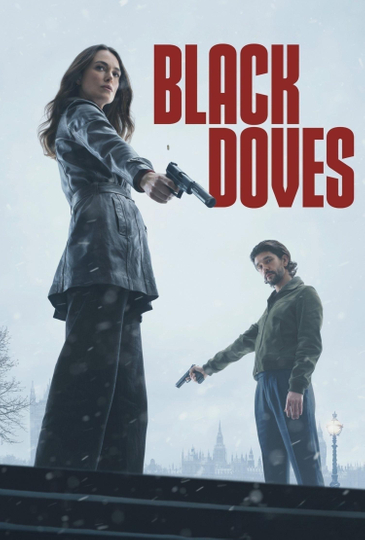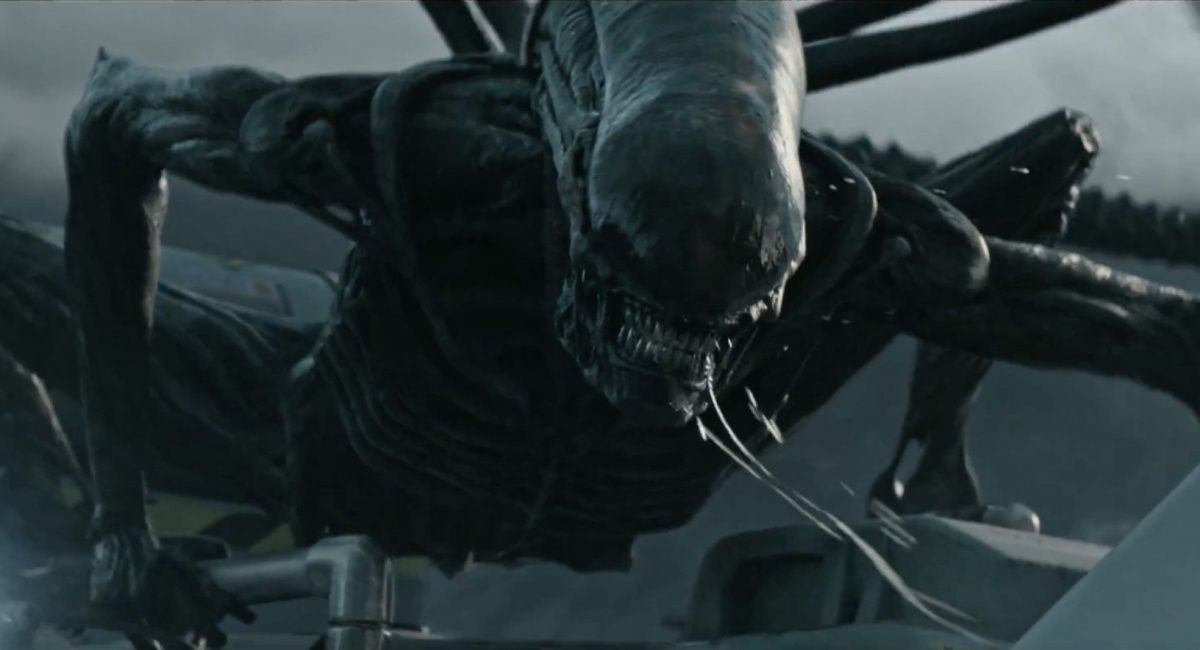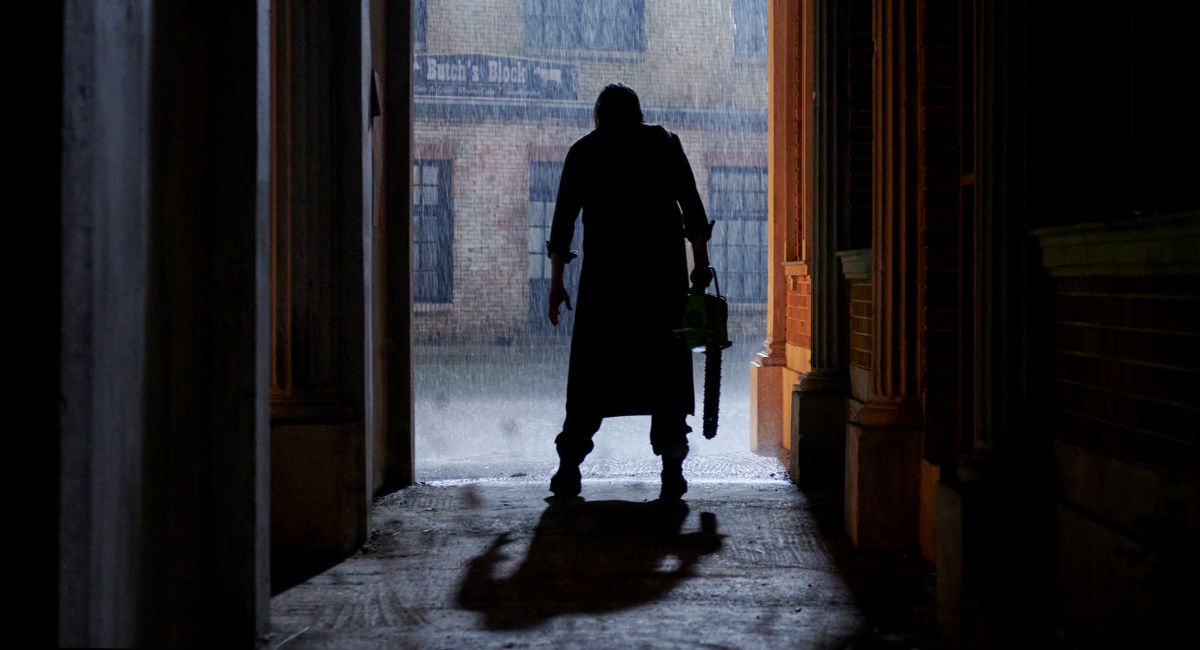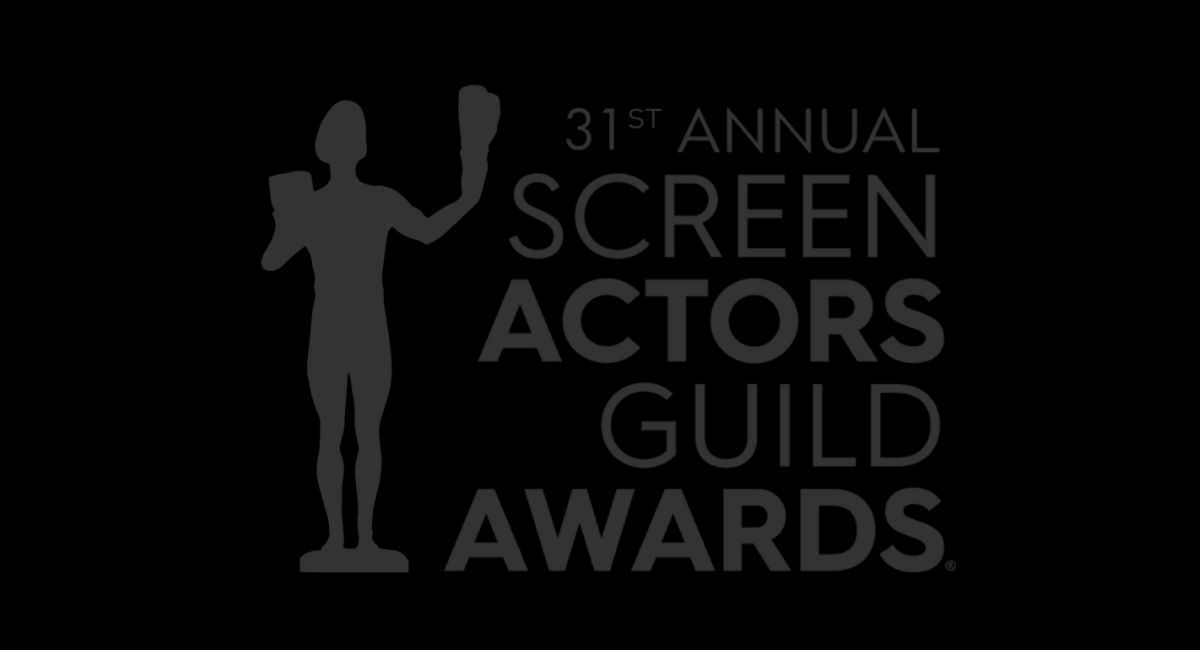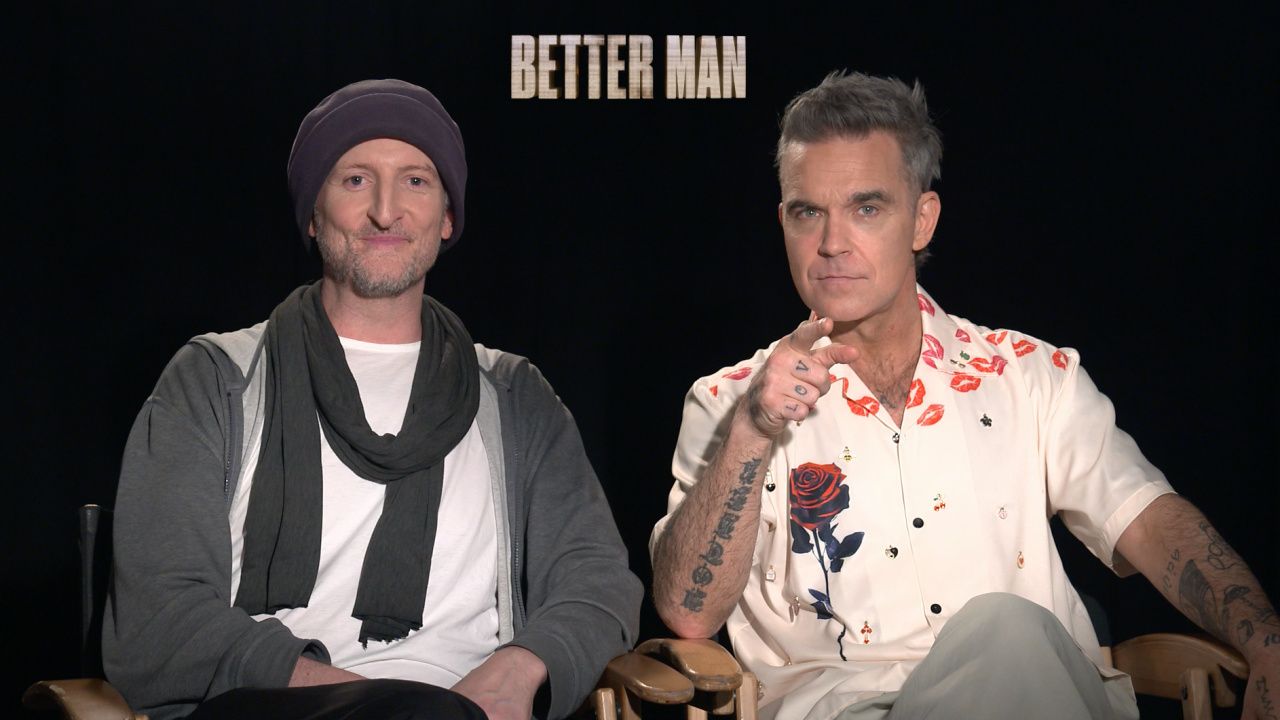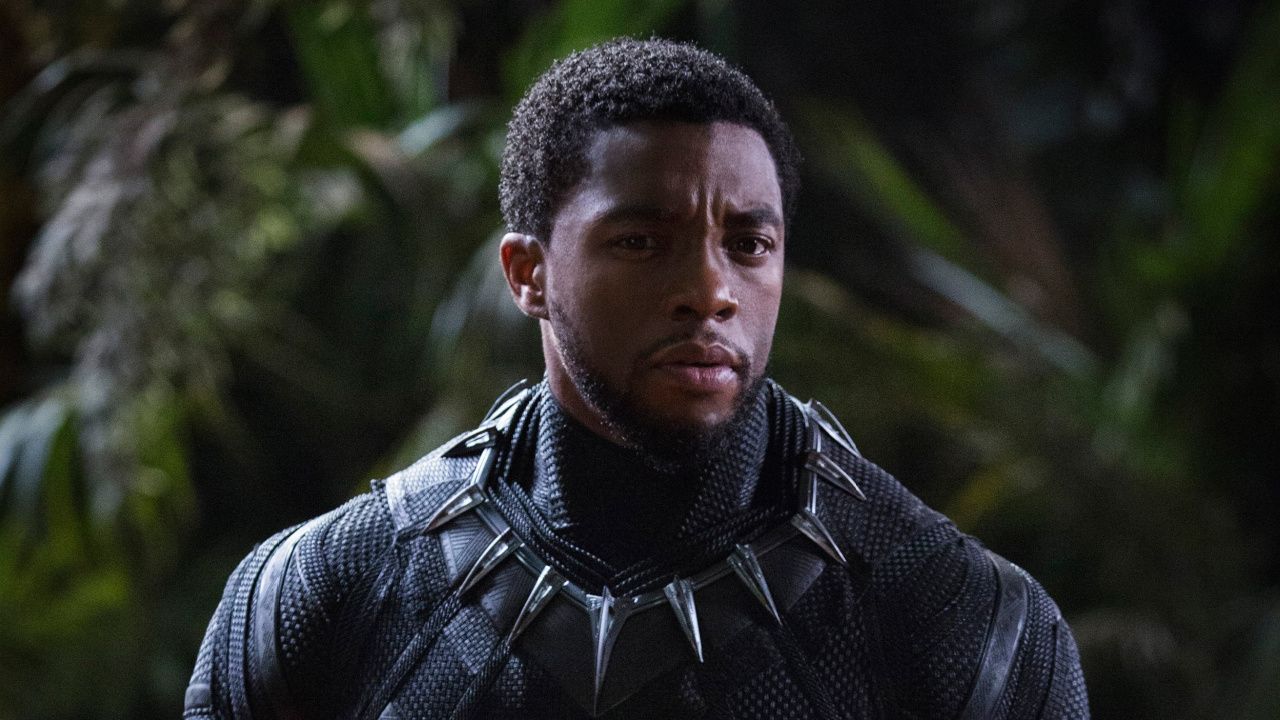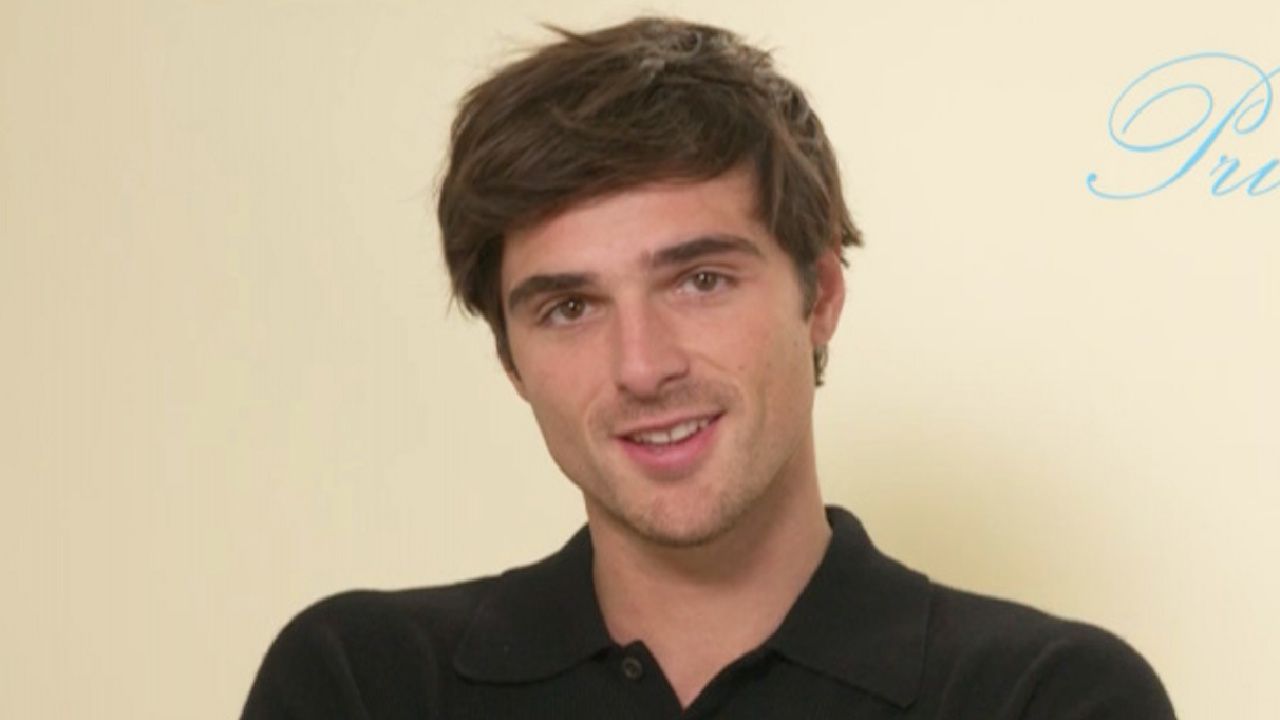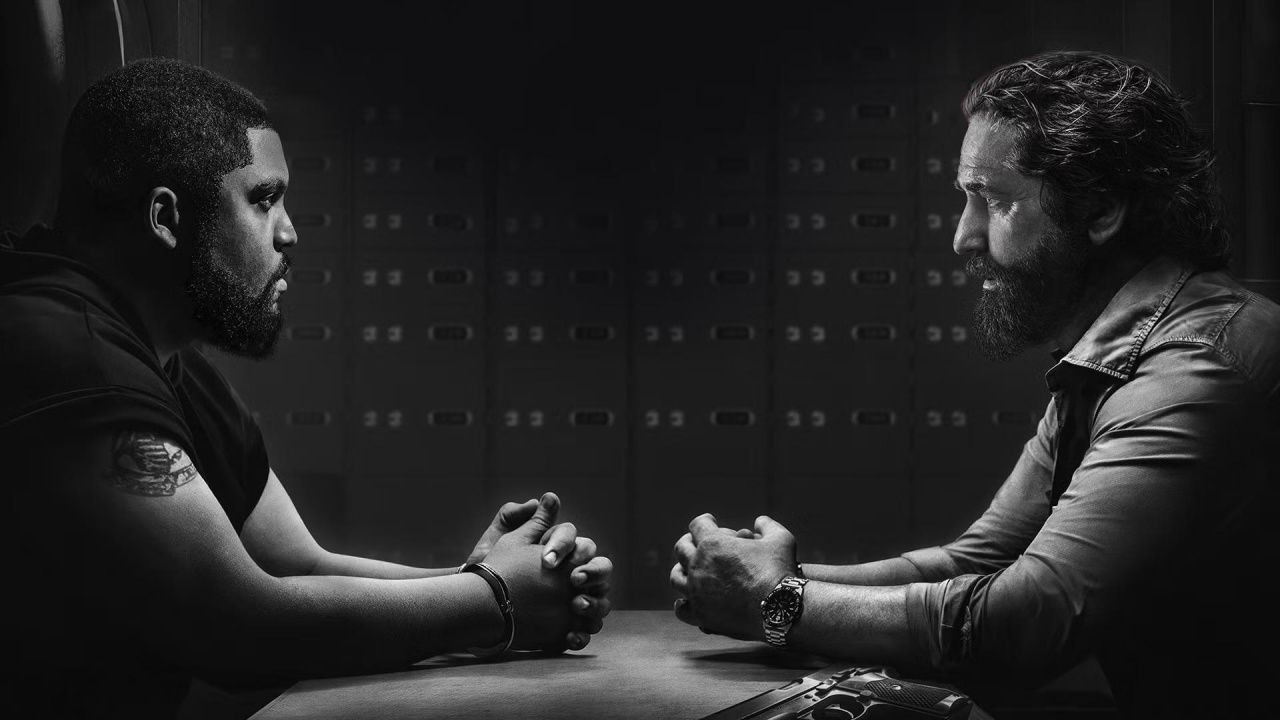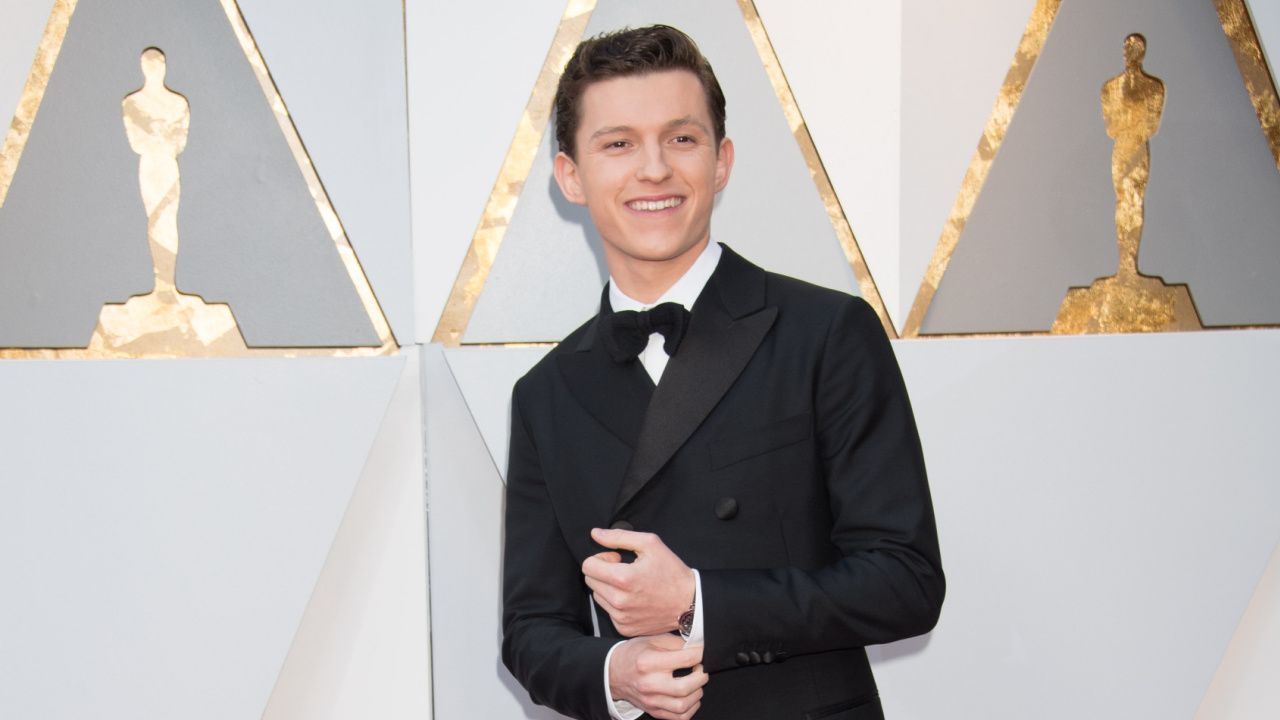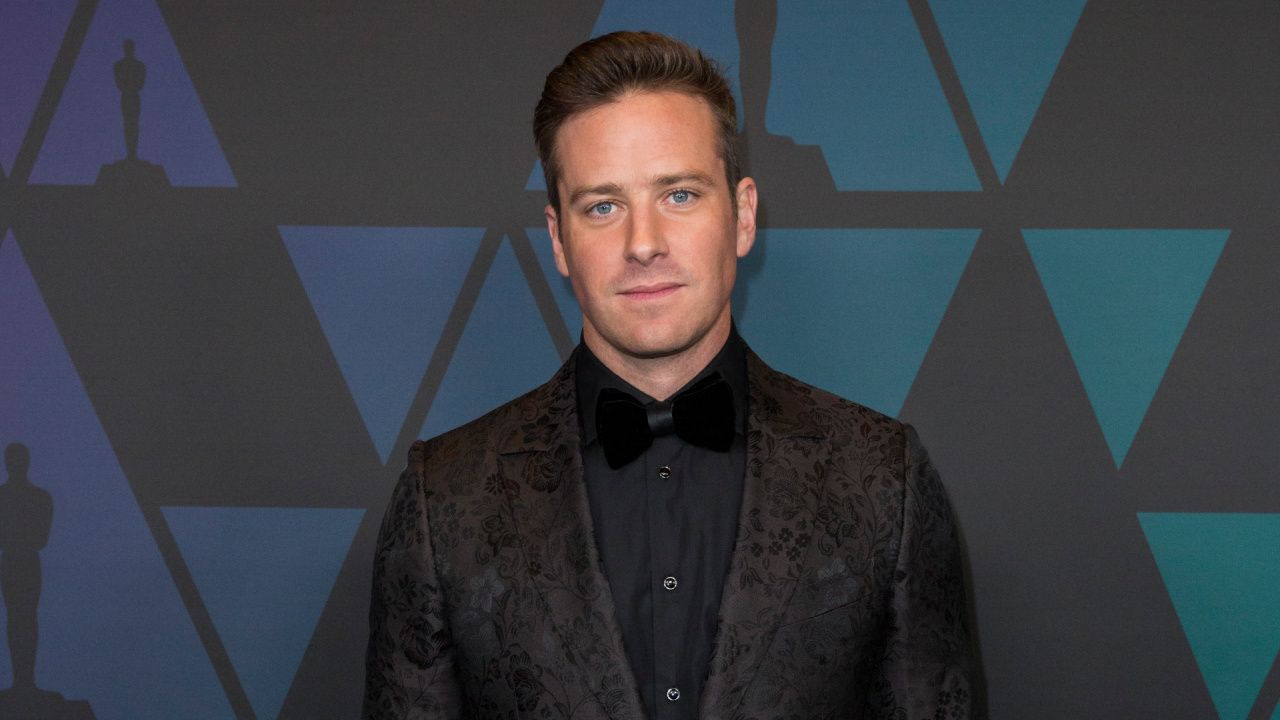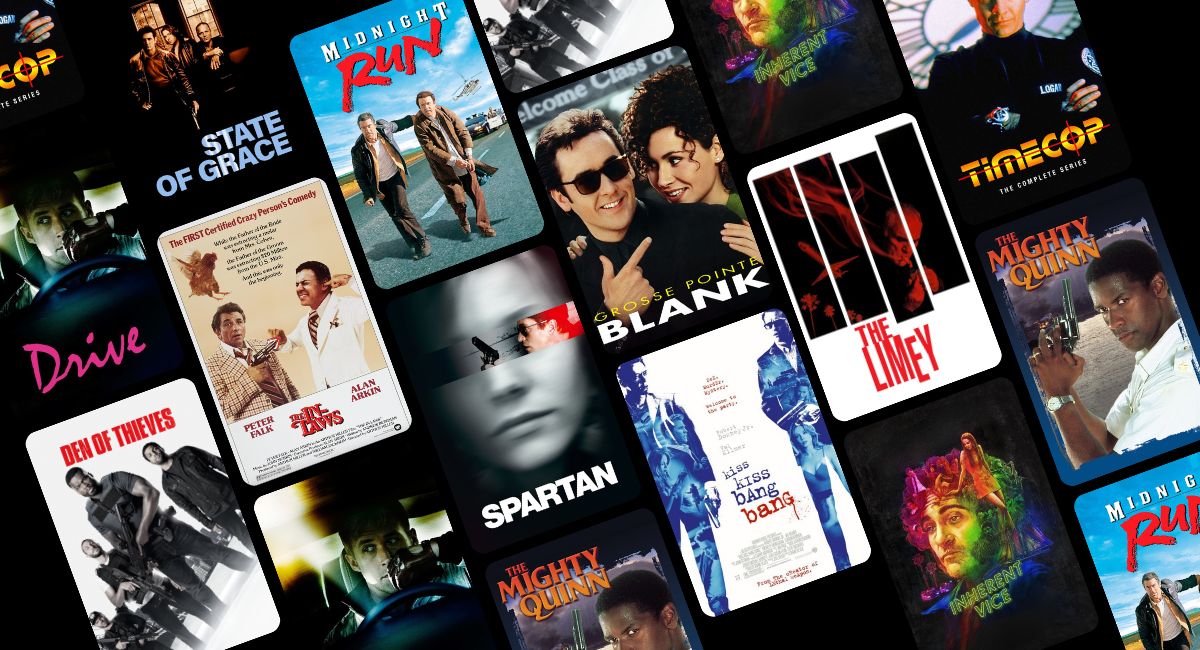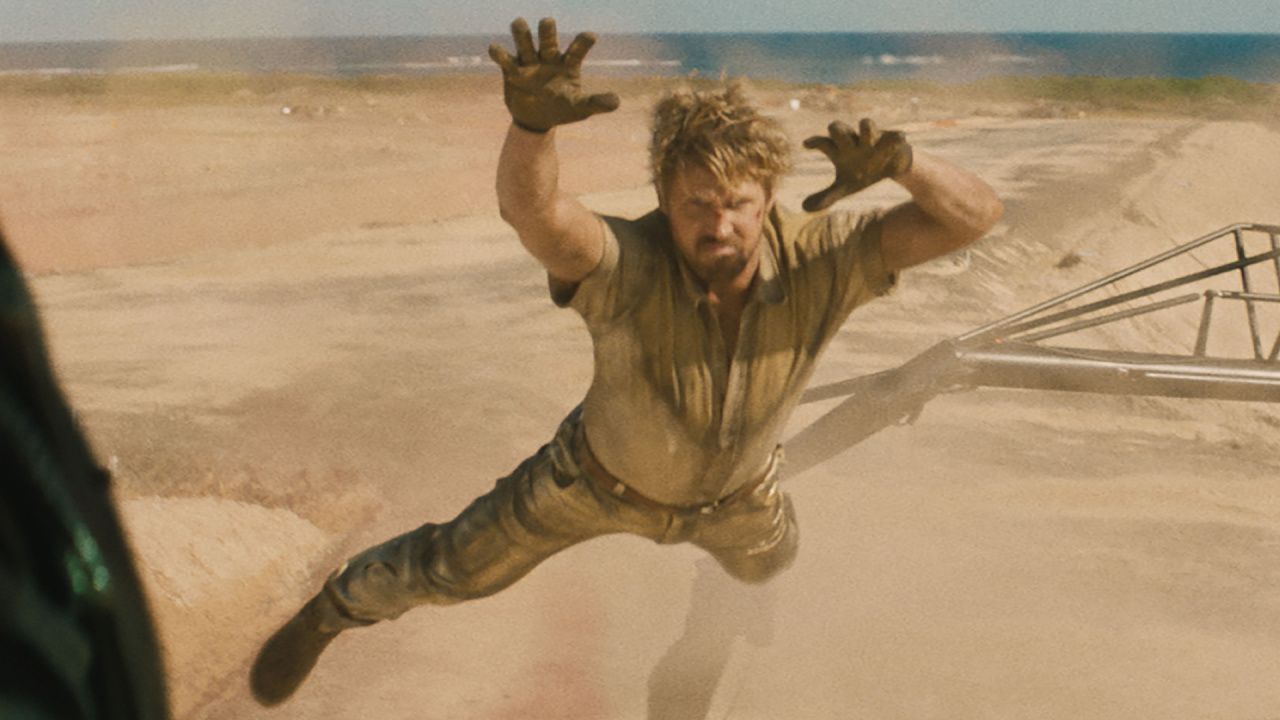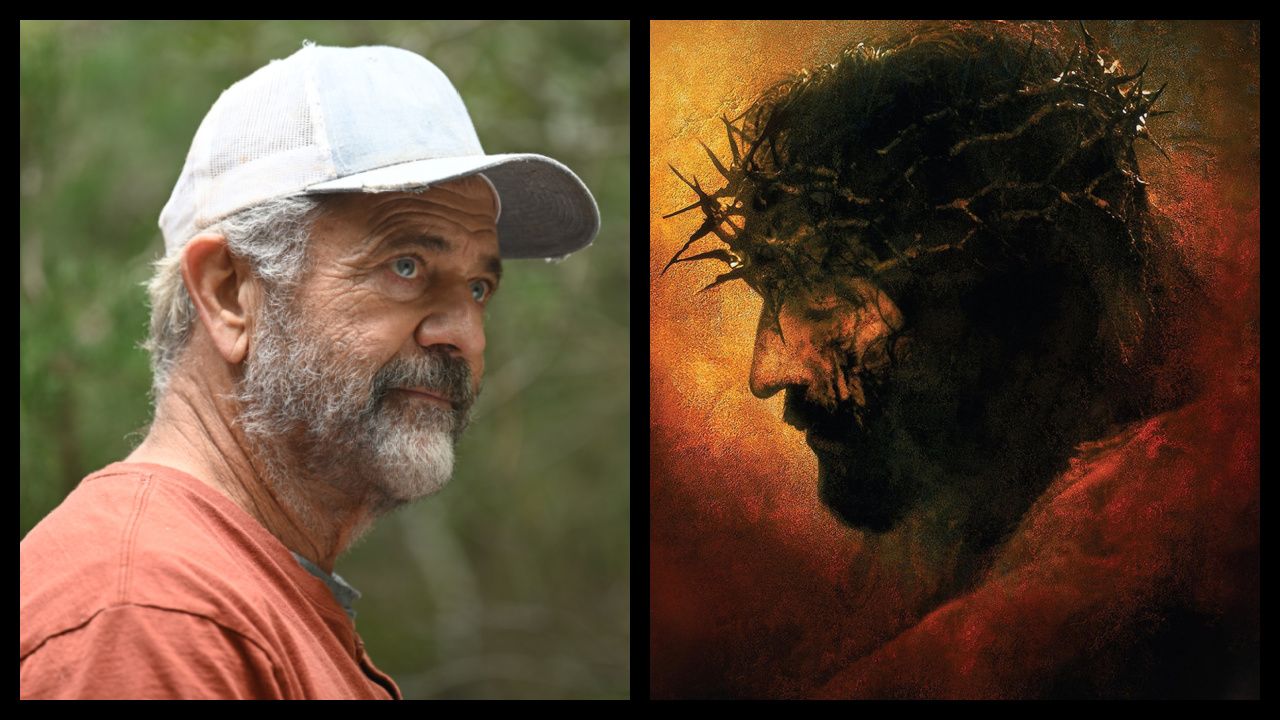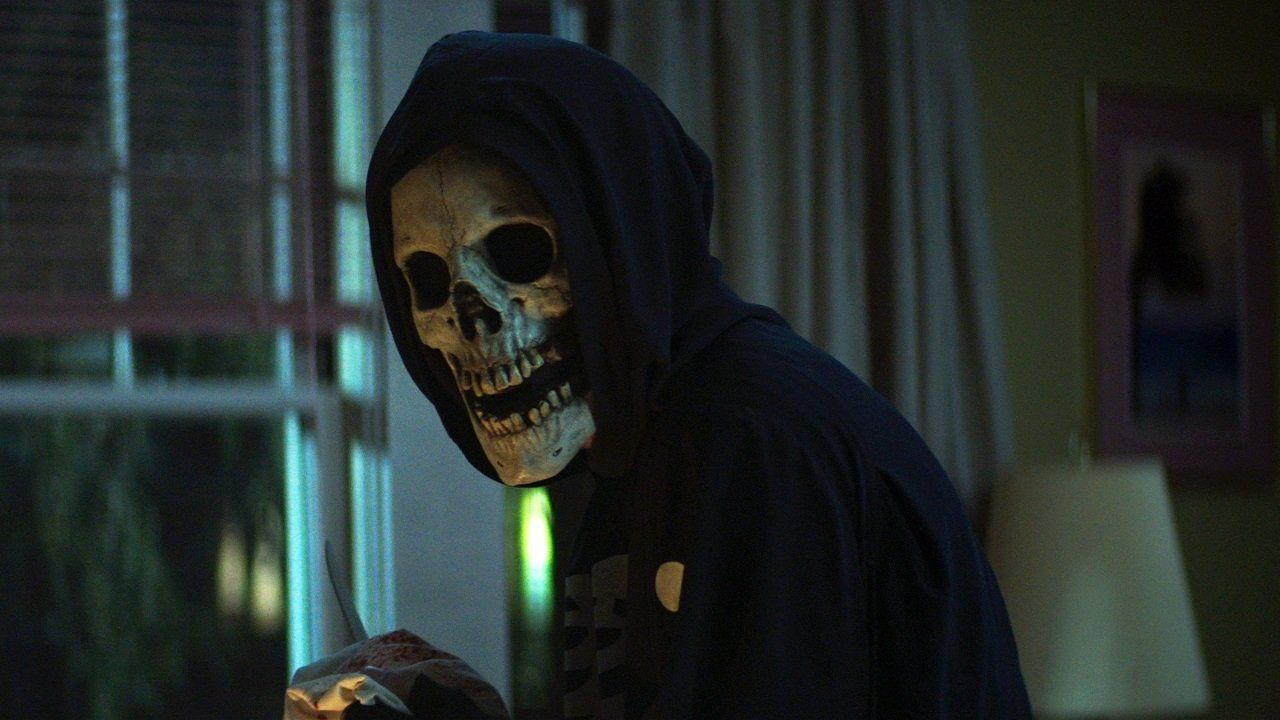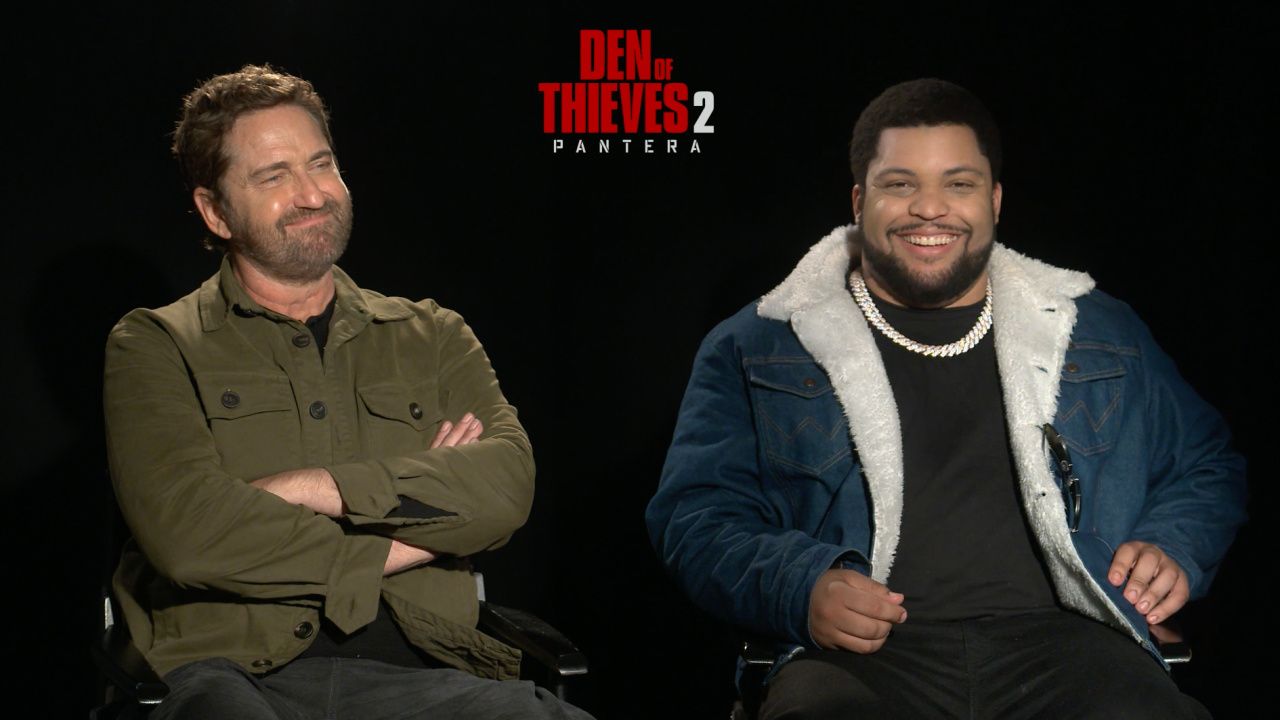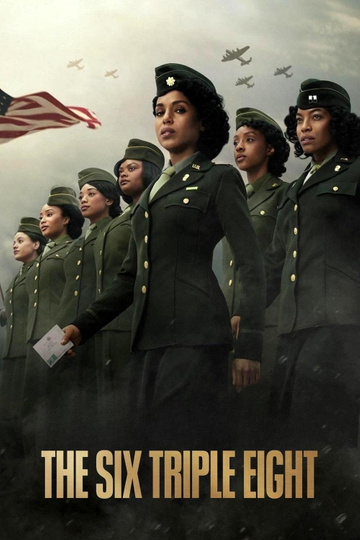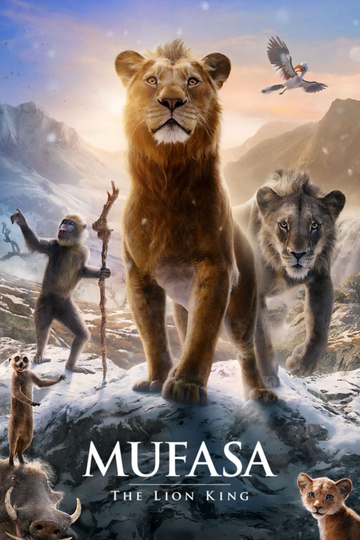How 'Don't Breathe' Became the Surprise Hit of the Summer
Like the three burglars in "Don't Breathe," box office experts expected to find a windfall when the new horror thriller opened this weekend, but they weren't sure how big it would be.
After all, it's a low-budget film with no stars, dropping in at the bitter end of summer. Distributor Screen Gems guessed "Don't Breathe" would open in the low teens. In the end, everyone underestimated the movie.
As it turned out, "Don't Breathe" opened with an estimated $26.1 million and debuted at No. 1, finally ending the three-week reign of "Suicide Squad," which fell to second place with an estimated $12.1 million. "Don't Breathe" wasn't quite the underdog it appeared to be. It had a lot of hidden assets that, in retrospect, made its box office triumph less of a shocker. Among them:
1. Timing
The last weekend of summer has been a great time for horror movies to sneak in and clean up, ever since "Jeepers Creepers" opened up the frame 15 years ago. Since then, the summer has wound down with such horror hits as the 2007 "Halloween" reboot, "Final Destination," "The Last Exorcism," and "You're Next." So horror fans are primed to get one last good scream in before Labor Day.
2. Good Fortune
"Don't Breathe" almost had two wide release competitors instead of one, but at the last minute, the Weinstein Company decided to give boxing biopic "Hands of Stone" a limited release. Of course, even that movie was aimed more at an older male audience, and so was "Mechanic: Resurrection."
So even if "Hands" had punched its way into thousands of theaters, "Don't Breathe" still would have had the younger female demographic to itself.
3. Soft Competition
After four weeks, "Suicide Squad" is nearly played out. Holdout cartoons "Kubo and the Two Strings" and "Sausage Party" sold less than $8 million worth of tickets each to family audiences and young men, respectively. And yet, they all still did better than the new "Mechanic," a sequel to a five-year-old movie that was itself a remake of a 1972 Charles Bronsonfilm. Maybe Lionsgate knew that it had a mug of weak tea on its hands, which could be why they opened it on just 2,258 screens without screening it for critics.
4. Pedigree
Much of the team behind the successful 2013 "Evil Dead" remake has reunited here, including director/co-writer Fede Alvarez, co-writer Rodo Sayagues, producer Sam Raimi, and star Jane Levy. Horror audiences take note of such things, especially when the trailer points them out.
Also, "Don't Breathe" earned strong buzz earlier this year at the SXSW festival and Comic-Con, so both horror fans and critics knew to expect a lot from the movie.
5. Originality
It really helped that "Don't Breathe" had a novel premise (three young burglars expecting an easy score at a blind man's home get the script flipped against them) and was not based on a pre-existing property. Sure, horror filmgoers like sequels and franchises, too, which is why two of this summer's biggest horror hits were "The Conjuring 2" and "The Purge: Election Year." But horror fans are also quick to embrace original scripts; after all, it's easier to be scared if you don't know what's coming. So "Don't Breathe" joins "Lights Out" and "The Shallows" as horror hits the industry considered sleepers because they seemed to come out of nowhere instead of out of a familiar franchise.
Indeed, it's worth noting that people who complain that sequel-dependent Hollywood has given up trying to make money from original scripts simply aren't paying attention to the horror genre.
Here, original movies abound. They're cheap to make -- "Don't Breathe" cost a reported $10 million, and even at $40 million, "Conjuring 2" is a bargain by current Hollywood standards. Horror usually offers producers a better rate of return on investment than costly blockbusters, and original entries in the genre can satisfy viewers and critics who long to see something they haven't seen before.
Given how many supposedly sure-thing blockbuster sequels failed this summer, maybe the studios should turn to a genre where the only scares are on the screen, not on the balance sheet.
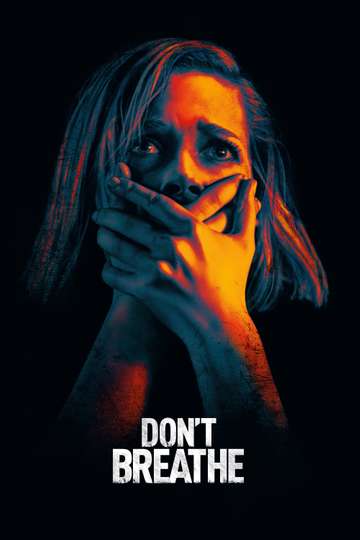
Don't Breathe







